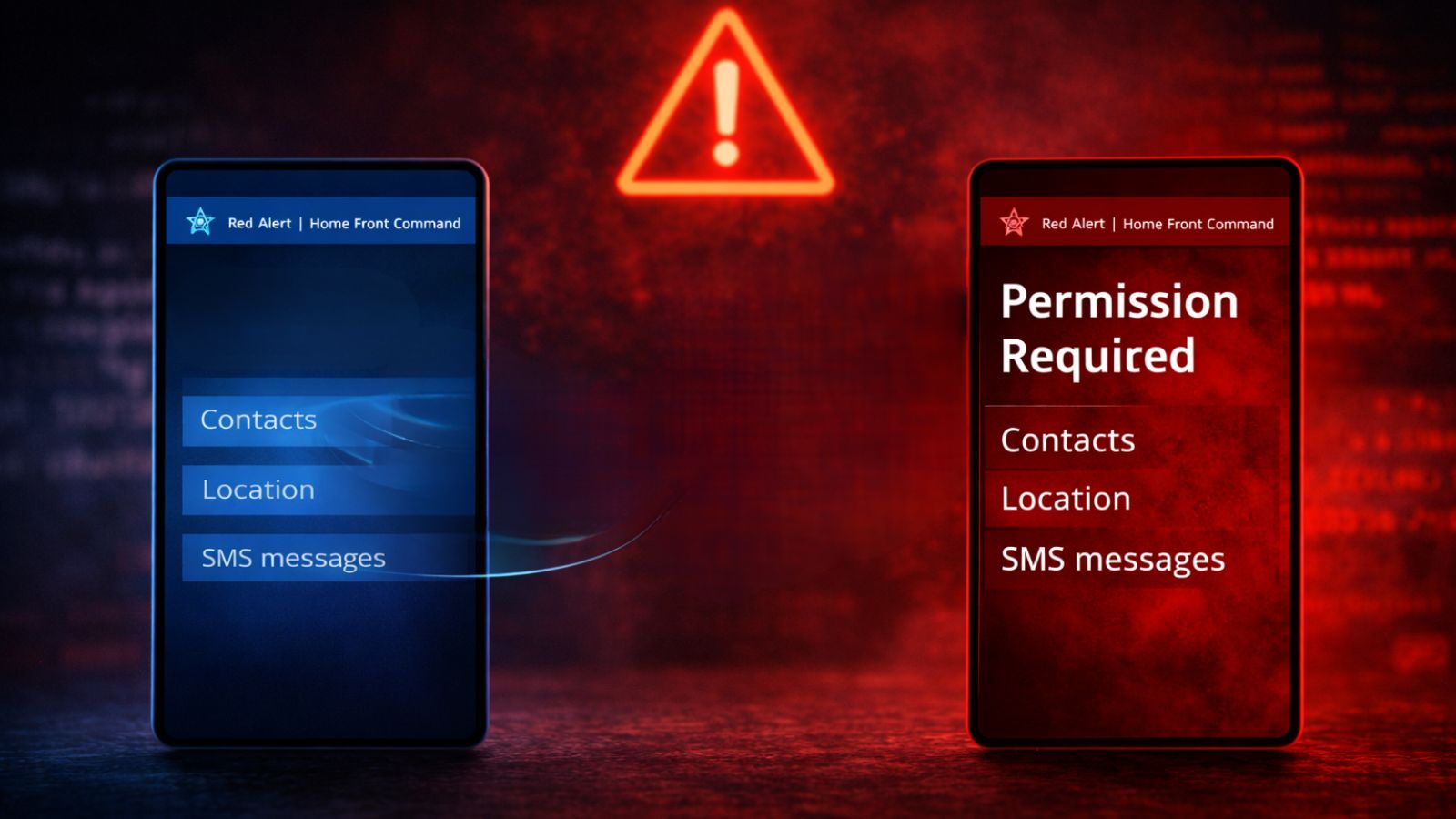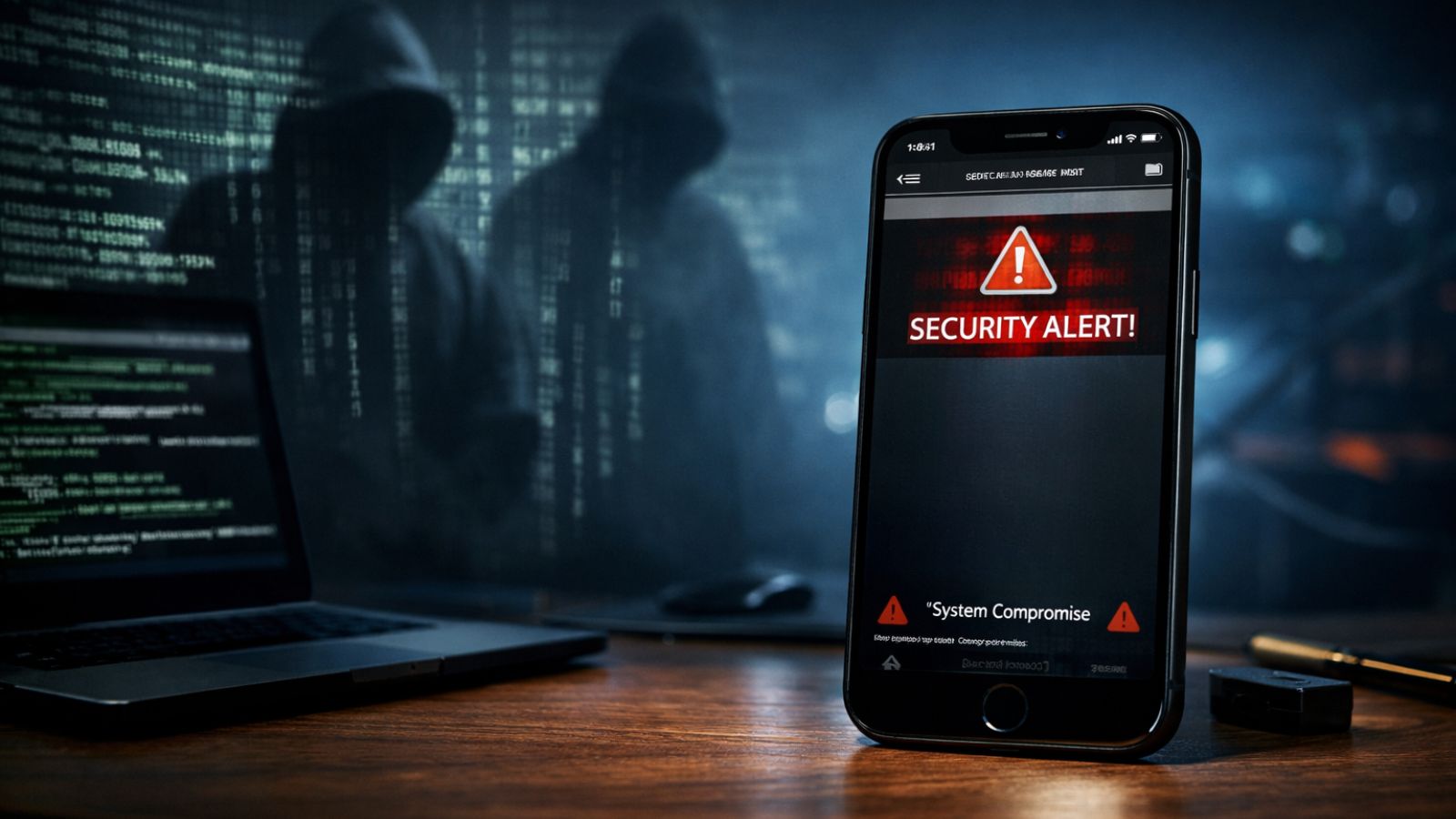
AT&T, T-Mobile, Verizon Under Scrutiny for Failing to Notify Lawmakers of Surveillance Requests
- Senator Ron Wyden has spotlighted a critical oversight in surveillance transparency among major U.S. mobile carriers.
- AT&T, T-Mobile, and Verizon did not notify when answering legal demands for Senate-issued phones’ call or location data.
- Following the senator’s letter, all three carriers confirmed compliance with notification protocols.
A senior member of the Senate Intelligence Committee alerted fellow senators that AT&T, T-Mobile, and Verizon were not notifying lawmakers about government surveillance requests targeting their devices, despite clear contractual obligations established after the 2020 Congressional reforms.
Senator Ron Wyden's letter, reported first by Politico, reveals that a staff investigation determined none of the three carriers had issued required notifications when Senate-issued phones were subject to legal demands for call or location data—including those originating from the executive branch.
Only after Wyden's Wednesday inquiry did all three carriers confirm compliance with notification protocols. Wyden’s letter emphasized that surreptitious access to senators’ communications undermines Congress’s constitutional mandate.
AT&T confirmed current compliance with Senate requirements under the current contract, which began last June. Wyden’s staff, however, reported that one unnamed carrier admitted to turning over Senate data without any notification under the previous contract.
Smaller carriers, including Google Fi, US Mobile, and Cape, now explicitly notify customers of government demands when permitted by law, revising policies after outreach from Wyden’s office; larger providers have since updated their practices.
Wyden urged senators to consider switching to carriers following these enhanced disclosure standards, but highlighted a persistent gap—Congressional data protection protocols do not cover non-official or campaign devices, leaving many communications still vulnerable to clandestine surveillance.
This issue is the latest development following revelations from last year’s Inspector General report, which detailed secret surveillance of 43 congressional staffers and two House lawmakers by the Trump administration between 2017 and 2018.
The administration imposed gag orders, preventing carriers from disclosing these requests, and specifically targeted high-profile figures such as Adam Schiff, then-ranking Democrat on the House Intelligence Committee.








